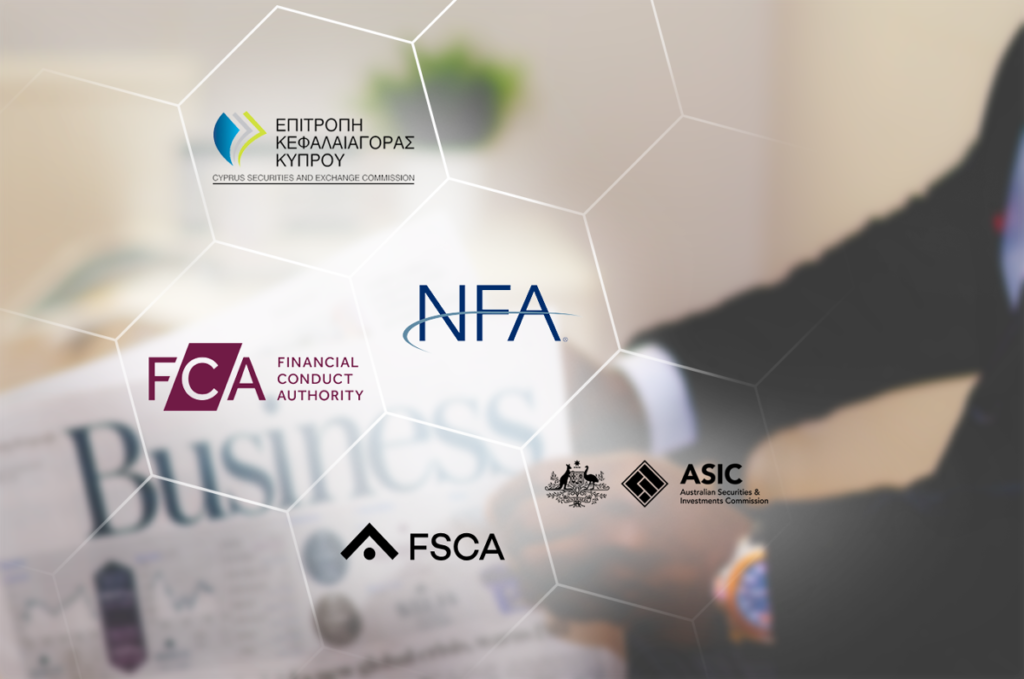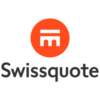
In the vast landscape of the forex market, various types of brokers emerge, each characterized by distinct features and regulatory oversight. Across the globe, regulatory authorities play a crucial role in ensuring transparency, security, and ethical conduct within the industry. Here’s an overview of different types of forex brokers and their regulatory frameworks:
1. Market Maker Brokers:
Market makers, also known as dealing desk brokers, often provide fixed spreads and may take the other side of their clients’ trades. They offer liquidity by creating their market, which might lead to potential conflicts of interest. Regulatory oversight varies, with some market makers adhering to strict regulations while others operate under less stringent supervision.
2. ECN Brokers (Electronic Communication Network):
ECN brokers offer direct access to the interbank forex market. They aggregate prices from multiple liquidity providers, offering tighter spreads and greater transparency. ECN brokers are typically regulated by financial authorities to ensure fair and transparent trading conditions.
3. STP Brokers (Straight Through Processing):
STP brokers bridge the gap between traders and liquidity providers without intervening in trades. They often offer competitive spreads and faster order execution. These brokers are subject to regulatory requirements that ensure clients’ interests are prioritized.
4. NDD Brokers (No Dealing Desk):
NDD brokers encompass both ECN and STP models. They route clients’ orders directly to the market, eliminating potential conflicts of interest. NDD brokers adhere to regulations to provide a transparent and fair trading environment.
5. Regulatory Authorities:
Regulatory bodies worldwide oversee forex brokers to maintain market integrity and protect traders. Notable authorities include:
– CySEC (Cyprus Securities and Exchange Commission): Regulates brokers in Cyprus, a popular hub for forex brokers.
– FCA (Financial Conduct Authority): Regulates brokers in the United Kingdom, known for its stringent oversight.
– ASIC (Australian Securities and Investments Commission): Governs brokers in Australia, ensuring high standards of operation.
– CFTC (Commodity Futures Trading Commission) and NFA (National Futures Association): Oversee forex brokers in the United States.
– BaFIN (Federal Financial Supervisory Authority): Regulates brokers in Germany, upholding investor protection.
Regardless of the broker type, choosing a regulated entity is pivotal. Regulatory oversight enhances trader confidence by enforcing financial standards, risk management practices, and ethical behavior. When selecting a forex broker, considering their regulatory status and reputation is paramount to secure a safe and reliable trading experience, irrespective of your location in the world.
6. Offshore Brokers:
Some brokers operate from offshore jurisdictions with less stringent regulations. While not all offshore brokers are inherently problematic, traders should exercise caution and thoroughly research these entities. Regulatory oversight might be limited, potentially exposing traders to higher risks.
7. Local Regulatory Bodies:
Many countries have their regulatory bodies overseeing forex trading. These local authorities ensure brokers adhere to domestic laws and regulations. Examples include:
– AMF (Autorité des Marchés Financiers) in France
– FSB (Financial Sector Conduct Authority) in South Africa
– IFSC (International Financial Services Commission) in Belize
8. Global Regulatory Alignment:
Some brokers choose to adhere to multiple regulatory frameworks across different jurisdictions. This commitment to compliance reflects a dedication to global standards of operation, transparency, and trader protection.
9. Regulatory Compliance and Investor Protection:
Regulatory bodies impose strict criteria for brokers to obtain and maintain their licenses. These criteria often encompass financial stability, segregation of client funds, transparency of pricing, and risk disclosure. Regulatory oversight aims to safeguard traders’ interests and maintain market integrity.
10. Transparent Fee Structure:
Reputable brokers, especially those regulated by respected authorities, offer transparent fee structures. This includes clear information about spreads, commissions, and any other charges associated with trading. Regulatory oversight ensures that these fees are fair and reasonable.
11. Client Funds Protection:
Regulatory bodies often require brokers to segregate client funds from their operational funds. This separation safeguards clients’ funds in the event of the broker’s financial difficulties. Additionally, regulated brokers usually have measures in place to compensate traders if the broker goes bankrupt.
12. Conflict Resolution and Customer Support:
Regulatory bodies often provide avenues for dispute resolution between traders and brokers. This ensures that traders have recourse if they face issues with their brokers. Regulated brokers are also expected to offer professional customer support to address traders’ concerns promptly and effectively.
13. Regulatory Updates and Compliance:
Regulatory bodies regularly update their guidelines and requirements to adapt to changing market conditions. Regulated brokers must stay compliant with these updates, which contributes to the overall professionalism and reliability of the broker.
14. Educational Resources and Investor Protection:
Many regulatory bodies emphasize investor education and protection. Regulated brokers often provide educational resources to help traders make informed decisions. Additionally, these brokers are less likely to engage in fraudulent or manipulative practices that could harm traders.
In your pursuit of a forex broker, prioritize those aligned with robust regulatory frameworks. Regulatory oversight fosters a secure trading environment by holding brokers accountable to ethical standards and prudent financial practices. As a trader, your choice of broker should reflect a commitment to responsible trading and a partnership with a reputable entity that prioritizes your success and security in the dynamic world of forex.
In conclusion, the world of forex trading presents a diverse array of brokers with varying regulatory statuses. Opting for a regulated broker offers numerous advantages, including enhanced trader protection, transparency, and ethical behavior. As you explore forex trading opportunities, prioritize working with brokers who adhere to robust regulatory frameworks, regardless of your geographical location. This proactive approach aligns with responsible trading practices and underscores your commitment to a secure and rewarding trading journey.











